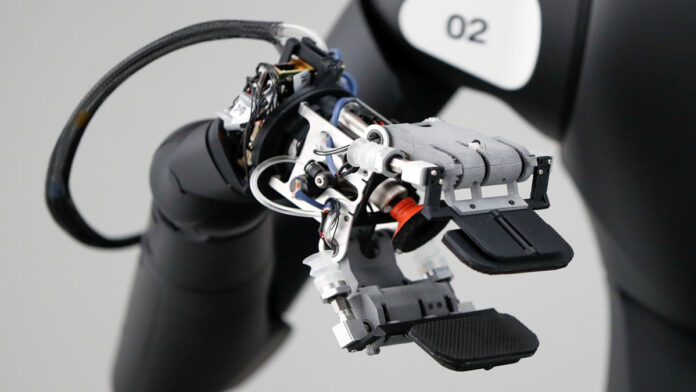A report by PwC has revealed how various industrial companies are investing in digital factories with a reported 6 percent having fully digitized their factories. The report further states that around 0.2 percent of small companies in the East African region as well as Middle East are embracing digitization through investment while large companies account for 0.4 percent.
Advancement in technologies is shaping how manufacturing is done, ranging from 3D printing, robotics and internet of things. The development continues to encroach key sectors resulting in improved efficiency, enhanced productivity as well as increased overall output.
Speaking in a webcast, PwC acknowledged how the future of manufacturing technology will result in adoption by companies seeking to transition to a flexible and distributed smart factory. The auditing firm further predicts deployment of newer technologies as more companies implement innovation technology that necessitate searching for employees with certain qualifications.
Michael Mugasia, PwC partner outlined some expected challenges while discussing the global trends focusing on the manufacturing sector. Among the challenges expected per Mugasia was identifying which of the emerging technologies could be game changers.
Mugasia further noted how manufacturers ought to lookout for mistakes that could be overlooked while adopting new technologies. In an example, Michael singled out how working to build new skills and capabilities and protecting supply chain partners could be instrumental in the success of transitioning from older ways to newer technologies. This is particularly important to safeguard company sensitive data.
According to PWC, challenges likely to be faced include entering unchartered territories without a clear Return on Investment. Although this can be mitigated by thinking through the journey. Michael’s suggestion to manufacturers will involve effectively defining problem statements, setting expectations, predicting and accepting for acceptance.
Smart manufacturing involves integrating digital transformation as well as combining strategy and operations with technology targeted at rapidly increasing productivity. Basing on PWC report titled 2020: Shaping the future of Manufacturing, 91 percent of senior management surveyed across Europe either intend or are investing in digital factories and 75 percent of those surveyed believe that digitization supports customer centricity and will strengthen competitiveness of Europe’s industrial centers.
In excess of 250 technologies assessed by PWC, the firm singled out 8 technologies that had potential to alter the future of manufacturing including, the Internet of things, 3D Printing, drones, robotics, Artificial Intelligence, Augmented & virtual reality and cybersecurity.
Experts also expect a future where smart manufacturing was in full implementation with an estimated 15-20 percent improvement in efficiency and transparency. The experts also forecast close to 50 percent reduction in downtime and between 15 to 20 percent improvement in quality.

